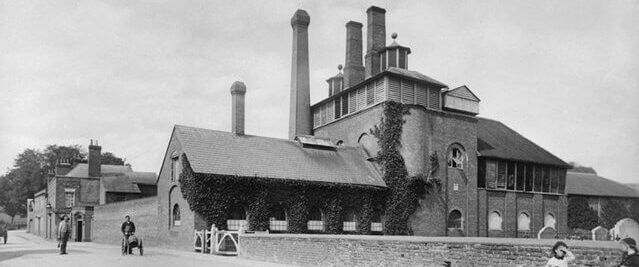Please bear with us, This Page is Under Construction
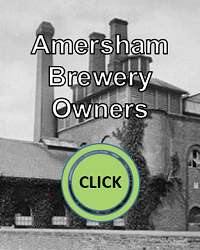
Unlike modern pasteurised beers with long shelf lives and before refrigeration and better transport, beer needed to be brewed locally to where it was to be consumed. Until the eighteenth century, most beer was brewed at home of by publican brewers. Common brewers (those supplying multiple public houses, inns and beer houses) grew in number in the later part of the eighteenth century. By the nineteenth century, most towns had one or more common breweries to meet demand. Unusually for a rural area, Amersham Brewery, a common brewer was established in the early 1600s, the earliest known brewer is Giles Watkins, who was born in Amersham in 1579.
Follow this link for a more detailed history of the Amersham Brewery and its owners
Enter the Wellers

William Weller a maltster from High Wycombe bought an interest in the brewery and two local pubs in 1775. The company was a successful Common Brewer expanding it pub estate to over 140, both locally and into Middlesex and Hertfordshire.
The brewery stayed in the family for several generations before it was sold to Benskins Brewery of Watford in 1929.
The former brewery buildings are now converted to offices and apartments.

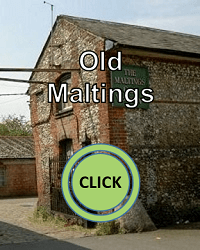
Weller’s Entire
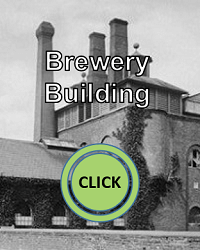
References to Weller’s Entire are found in several historic documents indicating its popularity. Entire is a style of beer more commonly known as Porter, it was the most popular type of beer in the 19th century and from which today’s Stouts are derived.
Porter was a product of the industrial revolution, it was a brew for common brewers, these could afford to invest in the technology of the day such as steam engines and take advantage of improving transport. Unlike earlier beer types, the beer was aged at the brewery before delivery. London brewing giants Whitbred and Trumans were primarily Porter brewers. By modern standards, they were strong beers, around 6% alcohol and dark through using dark malts.
The availability of Entire or Porter replaced an earlier popular tipple, “Three Threads” where a pint comprised equal measures of beer from three beer styles; beer, old (for which you could read stale), and strong beer.
The name Porter is thought to derive from the types popularity among porters in London markets.
Traditional Beer and Brewing
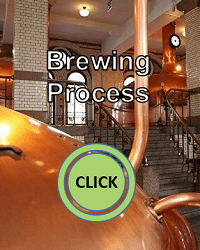
The most important ingredient of beer is malted barley. Barley grains are allowed to germinate in water before the process is stopped with heat and allowing the grains to dry. Roasting at different levels delivers malts with varying colours and qualities used to make various beer types. Being such a critical ingredient many brewers like Weller, had their own maltings enabling them to use local barley and to ensure quality. Water or Liquor as brewers call it is also key to the quality of beer, breweries were built where there was access to pure and plentiful supplies. The dissolved chemicals influenced the types of beer a brewer could produce successfully, town such Burton on Trent and Tadcaster became brewing centres because of their water types. Now of course, science allows brewers to make adjustments to compensate for different water qualities.
In the mash tun, malt is mixed with water and held at about 150°F to convert the starch in the malt to fermentable sugars. The resulting “wort” is then drained off and boiled with hops. Hops impart the distinctive bitterness to beer. Hops original role though were as a preservative, prior to their adoption various other flavourings such as moss were used. Originally the term Ale applied to unhopped beverages and Beer to those with hops.
After cooling, yeast is added and the primary fermentation taking several days begins. Finally the beer is “racked” into casks (barrels) and a small amount of sugar added to continue a slow secondary fermentation so that the beer remains in good condition until it is consumed.

